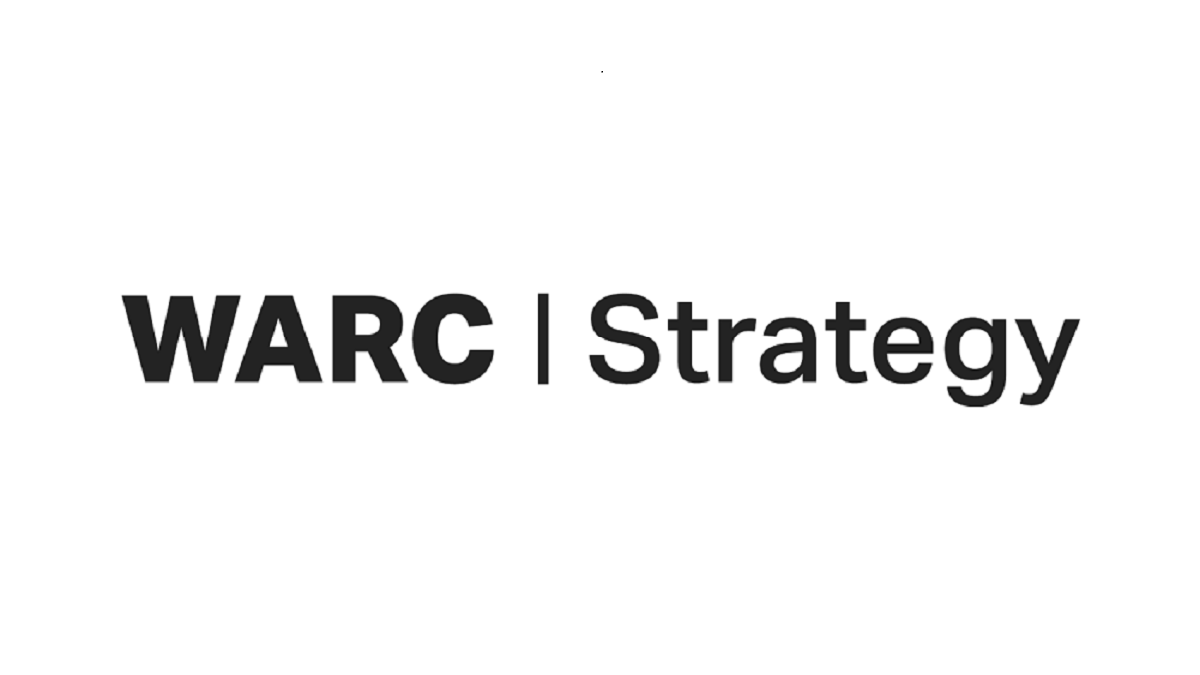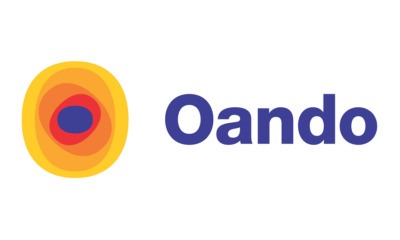The WARC 2024 Consumer Trends reports explore key issues influencing consumer purchase decisions with regional analysis from APAC, Europe and North America
24 July 2024 – WARC has today released its 2024 Global Consumer Trends report exploring the key issues that will influence consumer purchase decisions across brands and categories, with additional regional highlights for Asia-Pacific, Europe and North America.
Based on a comprehensive set of GWI surveys combined with WARC’s own research, case studies and analysis, the reports provide a view of the major issues facing the advertising industry through the lens of the consumer, with suggestions to help businesses create the most impact in the coming year.
Stephanie Siew, Senior Research Executive, WARC, says: “2023 was a year of resilience, with consumers persevering through persistent high inflation and subdued economic growth. Today, consumers feel more optimistic about their financial situation but remain cautious. Lingering economic uncertainty and high living costs force trade-offs, such as moving back in with family for additional support. At the same time, advancements in AI generate interest, particularly its potential to make cost-cutting easier and more efficient.”
The five consumer trends that will shape consumer spending in the year ahead identified by WARC are:
Cautious optimism drives changes in spending: three in five consumers (61%) think their finances will improve in the next six months
Consumer confidence shows signs of improvement with more being optimistic about their personal finances. While pricing and special promotions remain important purchase drivers, some cost-cutting behaviours, such as using coupons and vouchers, are in decline as defensive spending habits gradually shift.
Three in five consumers (61%) think their finances will improve in the next six months. Younger consumers are more optimistic: 68% of Gen Z and 65% of millennials expect their finances to improve compared to 29% of baby boomers.
Despite financial pressures, the travel and tourism industry is experiencing a post-pandemic boom. The International Air Transport Association (IATA) predicts a record-breaking 4.7 billion passengers will fly globally in 2024, exceeding the pre-pandemic level of 4.5 billion in 2019.
Grace Kite, CEO, and Charles Cleasby, Senior Economist, of magic numbers, say: “In 2024, inflation is slowing, but that doesn’t mean the episode is over. Prices are still going up, just more slowly. For consumers, nothing’s getting cheaper.”
Marketers can respond by maintaining investment in brand-building to build pricing strength, think incrementally by adding value to products and services, and target areas where consumer spend is likely to increase.
Rising temperatures shift spending patterns: Nearly half of consumers (48%) have considered purchasing a product to help with cooling
Intensifying hot weather resulting from climate change creates demand for products that can mitigate the negative effects of extreme weather, such as cooling appliances and accessories. Per GWI data, purchases of air conditioning units have increased by 358% since 2020.
The majority (84%) of consumers aware of the heatwaves reported being either slightly, somewhat, or significantly affected personally by them. Among consumers who were aware of the heatwaves, nearly half (48%) have considered purchasing a product to help with cooling and air circulation, such as air conditioning units, protective clothing, cooling accessories, and energy-efficient technology.
Olly Lawder, Senior Strategy Director, Revolt, says: “With the rate and severity of the three Fs (flood, fire and famine) predicted to increase with rising CO2, any brand that makes, moves or sells products that rely on natural resources not only has a risk to manage, but an obligation to be part of the solution.”
Marketers can respond by catering to consumers’ changing needs, re-evaluating seasonal marketing efforts to reflect longer periods of warm weather, and helping consumers protect themselves.
The rise of multigenerational households: 24% of full-time and stay-at-home parents are living with their own parents
High living and caretaking costs are pulling more consumers into a multi-generational living arrangement. Merging families create new decision dynamics for household shopping.
GWI data shows that in 2023, 24% of full-time and stay-at-home parents said they were living with their own parents – a nine-percentage point increase from 15% in 2020 – driven by rising childcare and caregiving costs.
As families merge, purchase decisions are less likely to be made by a single household figurehead. In Q1 2024, half (50%) of respondents said they were the main shopper in the household. This compares to 62% who said the same in Q3 2021.
Lori Meakin, Founder & CEO, The Others & Me, says: “We tend to use “family” to mean a mum, dad and kids – anything from babies to teenagers – all living together in one busy but happy household. But that doesn’t properly represent the real experience of family for millions of people.”
Marketers can respond by reconsidering the target audience to reflect the diverse nature of modern and multi-generational families, and adapt new and existing products by considering product and format sizes.
AI creates new expectations for the purchase journey: Over half of consumers (51%) use AI tools for price comparisons
The integration of artificial intelligence (AI) tools can help brands meet consumers’ growing expectations for a convenient and seamless purchase experience. Consumers have begun to explore these new technologies when shopping. Nearly three-quarters (72%) are aware of the use of generative AI in shopping experiences, and 20% have already used such tools.
Consumers express interest in using AI tools for various tasks at the consideration stage, such as meal planning (28%), travel recommendations (26%), and fashion recommendations (22%).
Among the top use cases for which consumers would consider using AI chatbots are price comparisons (51%) and deal alerts (34%). More than a quarter (28%) are open to interacting with AI chatbots for personalized recommendations.
Yasmine Mansour, Regional Head of Growth for Southeast Asia, .Monks, says: “Brands will stand out by catering to their customers’ specific needs and the powers of hyper-personalization and enhanced marketing intelligence will certainly help them do that. While challenges may arise, there’s no doubt that generative AI is a potent force and there’s no going back from here. New realities will require new ways of thinking and executing.”
Marketers can respond by considering the role of AI at every stage of the customer journey, ensure that the technology is accessible to all groups, and address privacy concerns to build trust.
The resurgence of live events: 16% of consumers purchased concert tickets in Q1 2024
Demand for in-person experiences and the return of mega events is boosting the live music and sports industry.
Concert attendance in 2023 increased by 20.3% to 145.8 million globally compared to the previous year thanks to Beyoncé and Taylor Swift world tours as well as a strong showing across a range of genres. GWI data shows that in Q1 2024, 16% of consumers had purchased concert tickets.
Major sporting events such as the UEFA Euros and the Paris Olympics, forecasted to attract 15 million spectators and 3 million additional visitors to the French city, are expected to drive economic growth in 2024.
Live events also boost consumption across verticals. According to GWI data, two-thirds of consumers who attended a concert tour, music festival, or sporting event purchased food and beverages, and nearly half of concert-goers travelled for the event.
Marketers can respond by ensuring a good fit in event partnerships to drive reach at scale, and explore ways to reach fans across different touch points beyond the event.
Part of WARC’s Evolution of Marketing programme, complimentary sample reports of the 2024 Consumer Trends reports featuring global and regional insights are available here: Asia-Pacific, Europe, and North America.


 Energy4 days ago
Energy4 days ago
 Business4 days ago
Business4 days ago
 Business4 days ago
Business4 days ago
 Energy3 days ago
Energy3 days ago
 Business4 days ago
Business4 days ago
 Business4 days ago
Business4 days ago
 Energy4 days ago
Energy4 days ago
 Energy3 days ago
Energy3 days ago












